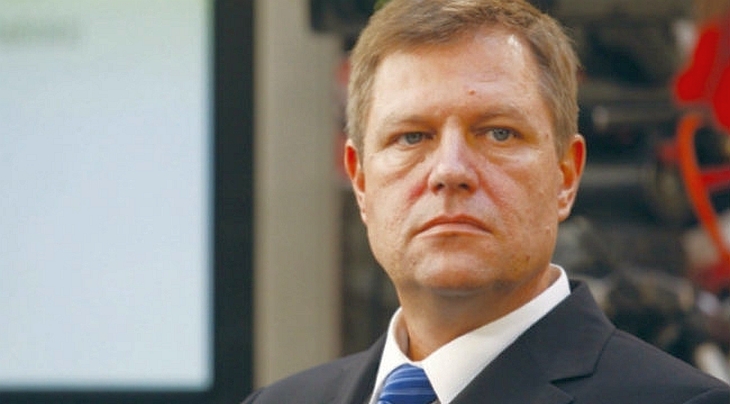### ### Author
Leaders of European countries agreed at the summit in Brussels last week to create the Energy Union, throughout which the EU will accelerate the interconnection of European networks.
Attending the meeting, the Romanian President Klaus Iohannis insisted upon the freedom of each Member State to choose the national energy mix, according to the National Press.
“A key aspect on which I insisted is the freedom of each Member State to choose the national energy mix,” said Klaus Iohannis.
“We insisted on a few priorities for Romania, which are found in the conclusions of the European Council: harnessing its energy resources, the need to diversify the sources and supply routes. I reiterated, in this context, the significant potential resources in the Black Sea, through which we contribute to strengthening the regional and European energy security, ” added Johannis.
He explained that for Romania, the completion of the internal energy market means, medium and long term, the development of the energy infrastructure, ensuring affordable prices for consumers, maintaining industrial competitiveness, economic growth and create new jobs.
The subject of the transparency of the contracts creates tensions
The subject of the transparency of the contracts created tensions during the discussions. According to Donald Tusk, the EU Member States leaders decided that all gas contracts, whether between governments or businesses, must comply with EU legislation, must be more transparent and not adversely affect the energy security of Europe, according to Bursa.
“The European Union is becoming increasingly dependent on gas from external suppliers,” Tusk said, adding: “If the gas is imported from different sources and contracts are flexible, things are fine. But most bilateral agreements with our dominant supplier, Russia, is ending on long-term, sometimes more than 20 years. This can be unhealthy for both our security and for our market. Gas Contracts should be about the economy, about business. They should not be used as a political weapon “.
According to a European diplomat, some Member States refuse “to put everything on the table” and let the European Commission decide. The objective is that the EU states cannot sign agreements to be against the EU regulations, and mainly targets the Russian giant Gazprom in particular that signed several anti-EU agreements with EU Member States in the recent years.

